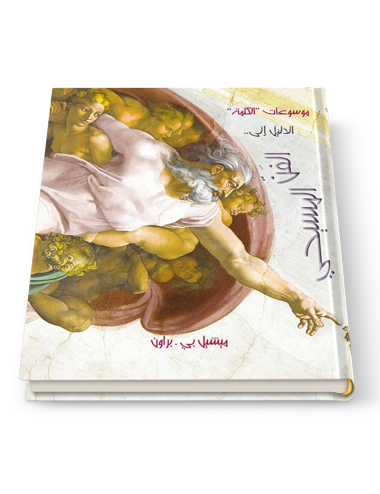the nineteenth of maquerk, based on proverbs 13:4
Sometimes Laziness has its own Reward
0.286 kg - 450 kg
Sometimes Laziness has its own Reward
Children can understand the importance of listening to others when they see how one proud insect learns her lesson in a most of unfortunate way.
From one of the most important theologians of the twentieth century, Ethics is the seminal reinterpretation of the role of Christianity in the modern, secularized world.
The Christian does not live in a vacuum, says the author, but in a world of government, politics, labor, and marriage. Hence, Christian ethics cannot exist in a vacuum; what the Christian needs, claims Dietrich Bonhoeffer..
Sometimes Laziness has its own Reward
One of the most important theologians of the twentieth century illuminates the relationship between ourselves and the teachings of Jesus What can the call to discipleship, the adherence to the word of Jesus, mean today to the businessman, the soldier, the laborer, or the aristocrat? What did Jesus mean to say to us? What is his will for us today?
Dietrich Bonhoeffer, one of the most influential Christian martyrs in history, bequeathed to humanity a legacy of theological creativity and spirituality that continues to intrigue people from a variety of backgrounds. Dietrich Bonhoeffer Works, a sixteen volume series, offers a fresh, critical translation of Bonhoeffer's writings, with introductions, annotations, and interpretations.
The stimulus for the writing of Life Together was the closing of the preacher's seminary at Finkenwalde. The treatise contains Bonhoeffer's thoughts about the nature of Christian community based on the common life that he and his seminarians experienced at the seminary and in the "Brother's House" there. Bonhoeffer completed the writing of Life Together in 1938.
Dietrich Bonhoeffer was a young German pastor who was executed by the Nazis in 1945 for his part in the “officers’ plot” to assassinate Adolf Hitler.
This expanded version of Letters and Papers from Prison shifts the emphasis of earlier editions of Bonhoeffer’s theological eflections to the private sphere of his life. His letters appear in greater detail and show his daily concerns. Letters from Bonhoeffer’s parents, siblings, and other relatives have also been added, in addition to previously inaccessible letters and legal papers referring to his trial.
In this enlightening study, renowned twentieth-century theologian Dietrich Bonhoeffer offers a careful textual analysis of the story of creation, approaching the biblical tale of Genesis with the eye of a philosopher and the soul of a true Christian.
"This book has won a firm fan. Ideal for teachers as well as students . . . In an increasingly multicultural world, this is an essential read for anyone wanting to know about religion. Loads of pictures and photos make this easily the best book of its kind." —Jon Hancock, children's book buyer for Borders UK
"This book has won a firm fan. Ideal for teachers as well as students . . . In an increasingly multicultural world, this is an essential book for anyone wanting to know about religion. Loads of pictures and photos make this easily the best book of its kind." —Jon Hancock, children's book buyer for Borders UK
Christianity has been a central force in the shaping of western culture. It is not surprising, therefore, that the greatest artists down the centuries have sought to paint its story. This book tells the history of Christian art, exploring the purpose behind the masterpieces and looking at the context in which they were created. The modern secular reader who feels detached from the meaning of the paintings will be helped to understand their emotional as well as their asethetic power. And the Christian reader will be encouraged to explore further the wonder and beauty of the Christian cultural legacy. The book includes a final chapter on the way modern artists are continuing and changing the legacy.















